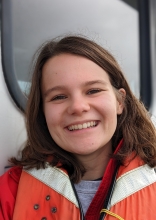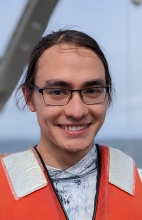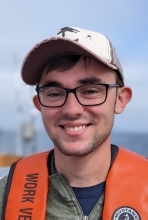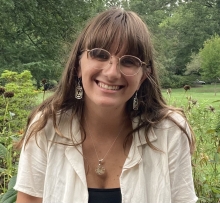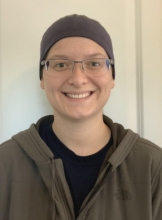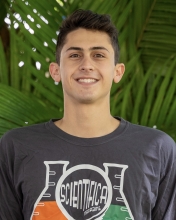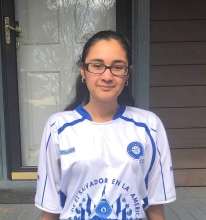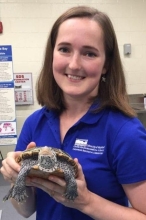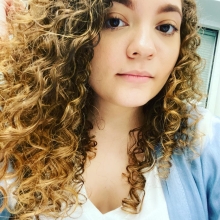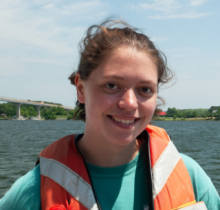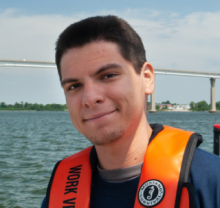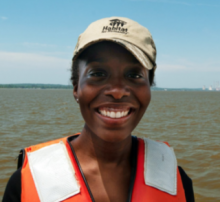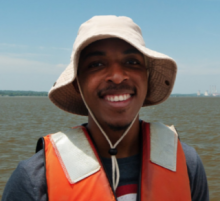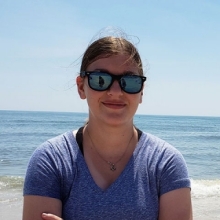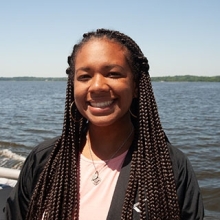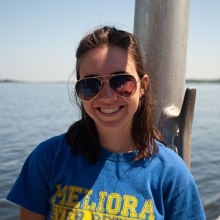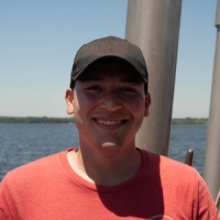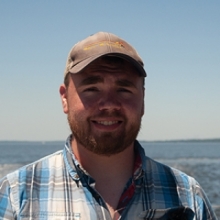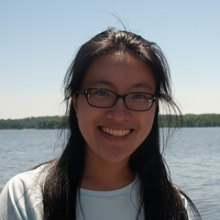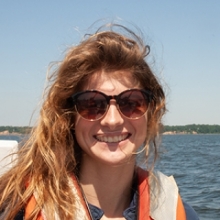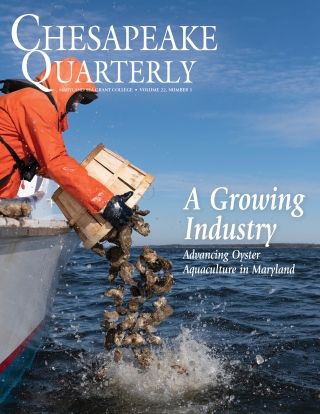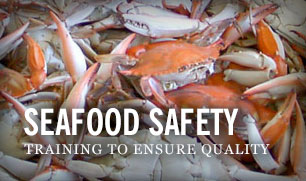Eight students will be presenting the summer work at the Ocean Sciences Meeting in March 2022!
Johan Schijf, Ph.D.
Students:
Student Publications:
- Schijf, J. and I. Christy*. 2018. Effect of Mg and Ca on the stability of the MRI contrast agent Gd–DTPA in seawater . Frontiers in Marine Science, doi: 10.3389/fmars.2018.00111 .
- Schijf, J. and S. M. Burns*. 2016. Determination of the side-reaction coefficient of desferrioxamine B in trace-metal-free seawater . Frontiers in Marine Science, doi: 10.3389/fmars.2016.00117 .
- Schijf, J., E. A. Christenson and K. J. Potter*. 2015. Different binding modes of Cu and Pb vs. Cd, Ni, and Zn with the trihydroxamate siderophore desferrioxamine B at seawater ionic strength . Marine Chemistry 173:40-51 .
- Schijf, J., and A. M. Ebling*. 2010. Investigation of the ionic strength dependence of Ulva lactuca acid functional group pK(a)s by manual alkalimetric titrations . Environmental Science & Technology 44:1644-1649 .
Student Presentations:
- Dalo, J.*, and J. Schijf. 2020. Complexation of Yttrium and the Rare Earth Elements with Silicate at Seawater Ionic Strength. Ocean Sciences Meeting, San Diego, CA.
- Christy, I.* and J. Schijf. 2017. Effect of Mg and Ca on the stability of the MRI contrast agend GD-DTPA in seawater . ASLO Aquatic Sciences Meeting, Honolulu, Hawaii .
- Schijf, J. and S. Burns*. 2016. Determination of the side-reaction coefficient of the trihydroxamate siderophore desferrioxamine B in metalfree seawater . Ocean Sciences Meeting, New Orleans, Louisiana .
- Potter, K.*, J. Schijf, and E. Christenson. 2013. Different binding modes of Ni (II) and Cu (II) to the bacterial siderophore desferrioxamine B in seawater-like solutions . American Chemical Society National Meeting and Exposition, New Orleans, Louisiana .
- Ebling, A. M.*, and J. Schijf. 2008. Characterization of sea lettuce surface functional groups by potentiometric titrations . American Geophysical Union Fall Meeting, San Francisco, California .
- Straka, A. M.*, and J. Schijf. 2008. Sorption of yttrium and the rare earth elements on a marine macroalga . ASLO Ocean Sciences Meeting, Orlando, Florida .

